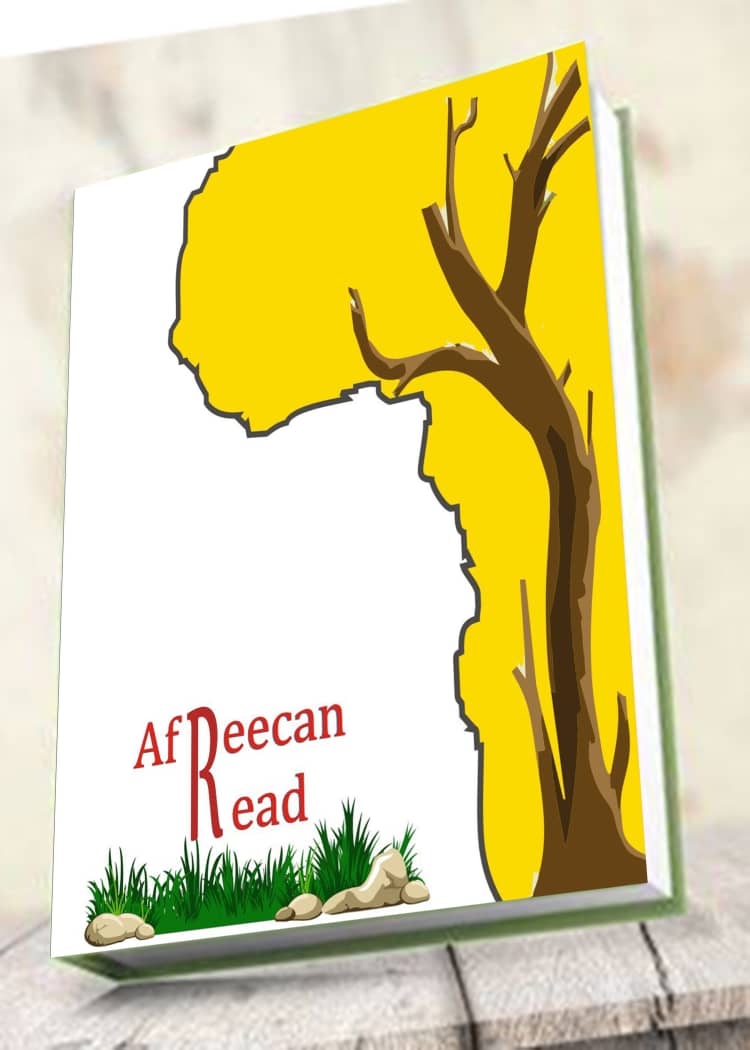1. Uzodinma Iweala born on the 5th of November, 1982

- My dad said to me: “You’ve done a great job, but don’t get too high on being the youngest this or the youngest that because someone somewhere will do great things at a younger age than you. It’s not about the age. It’s about the work you produce.”
- I fundamentally believe that no one can teach you how to write — finding out how to write a story is part of the process of creating a story — but you can really learn through exposure to different writing, to different art forms, to different modes of storytelling, and with mentors who are able to get you to step outside your comfort zone.
- It is through reading and exposure that you really begin to understand what writing is and how to write.
- When you write, you are not necessarily writing to get attention. You are writing for people to read. You learn to tell a story, and it’s great if people want to read that story. It doesn’t always happen.
- Write. Write. Write. Don’t worry so much about being published or discovered. Worry about writing what you have to write — what you need to say, and how you’re going to say it. The rest will come.
- Africans need to be honest about the problems the continent is facing. I think that many of our writers are brutally honest and that’s a wonderful thing.
- I write because I have stories to tell. I write because I believe that writing can make a difference. I care about how people are perceived, I care about injustice and I care about people’s emotional states. Trying to make sense of these states and why we can’t seem to treat everybody fairly is what pushes me to write stories in many cases.
2. Chinua Achebe born on the 16th of November, 1930

- Once you allow yourself to identify with the people in a story, then you might begin to see yourself in that story even if on the surface it’s far removed from your situation. This is what I try to tell my students: this is one great thing that literature can do — it can make us identify with situations and people far away.
- Art is man’s constant effort to create for himself a different order of reality from that which is given to him.
- I’m a practiced writer now. But when I began, I had no idea what this was going to be. I just knew that there was something inside me that wanted me to tell who I was, and that would have come out even if I didn’t want it.
- If you don’t like someone’s story, write your own.
- To me, being an intellectual doesn’t mean knowing about intellectual issues; it means taking pleasure in them.
- Nobody can teach me who I am. You can describe parts of me, but who I am — and what I need — is something I have to find out myself.
- People who create stories create people; or rather stories create people who create stories.
- Storytellers are a threat. They threaten all champions of control, they frighten usurpers of the right-to-freedom of the human spirit — in state, in church or mosque, in party congress, in the university or wherever.
- It is the storyteller who makes us what we are, who creates history. The storyteller creates the memory that the survivors must have — otherwise their surviving would have no meaning.
- The emperor would prefer the poet to keep away from politics, the emperor’s domain, so that he can manage things the way he likes.
- We cannot trample upon the humanity of others without devaluing our own.
- If you only hear one side of the story, you have no understanding at all.
- The only thing we have learnt from experience is that we learn nothing from experience.
- Stories serve the purpose of consolidating whatever gains people or their leaders have made or imagine they have made in their existing journey through the world.
3. Nadine Gordimer born on the 20th of November, 1923

- Writing is the one “profession” for which there is no professional training: “Creative” writing courses can teach the aspirant only to look at her or his writing critically, not how to create.
- The only school for a writer is the library — reading, reading. A journey through realms of how far, wide and deep writing can venture in the endless perspectives of human life.
- Learning from other writers’ perceptions that you have to find your way to yours, at the urge of the most powerful sense of yourself — creativity. Apart from that, you’re on your own.
- For me, writing has been and is an exploration of life. That is why my novels and stories are what I call open-ended. I’ve taken up an invention of human beings at some point in their lives, and set them down again living at some other point.


Recent Comments